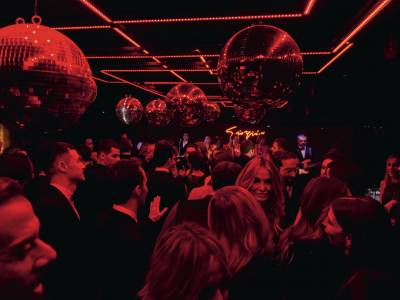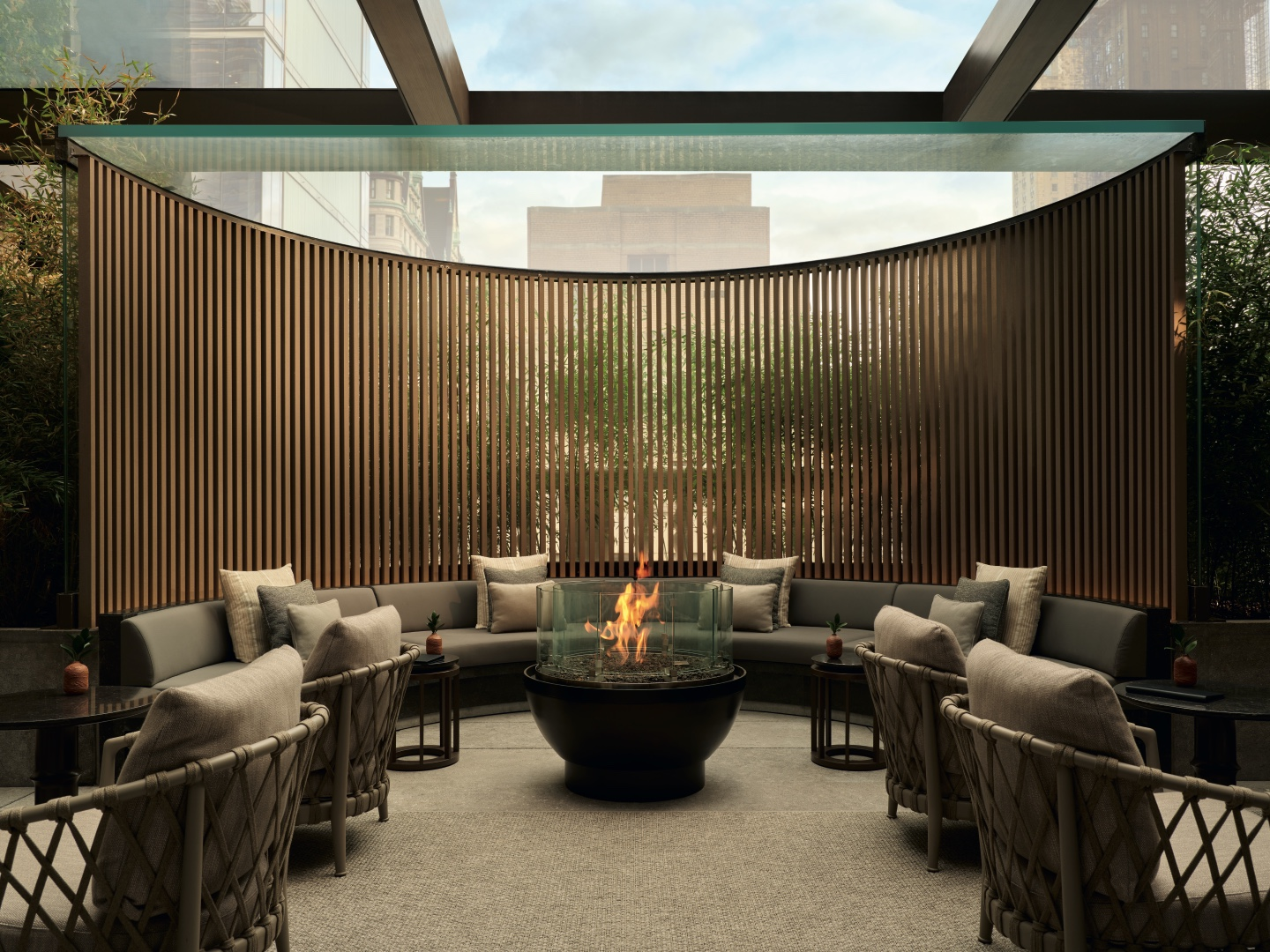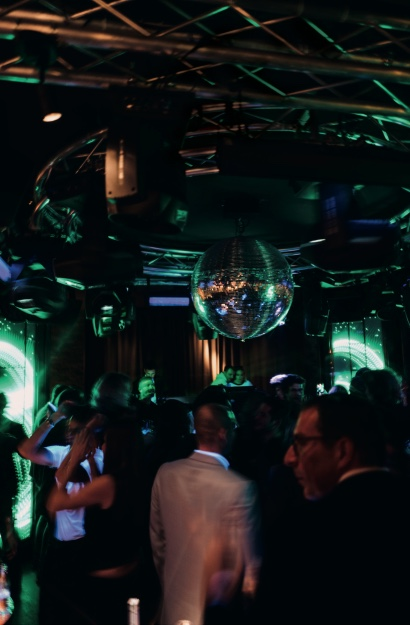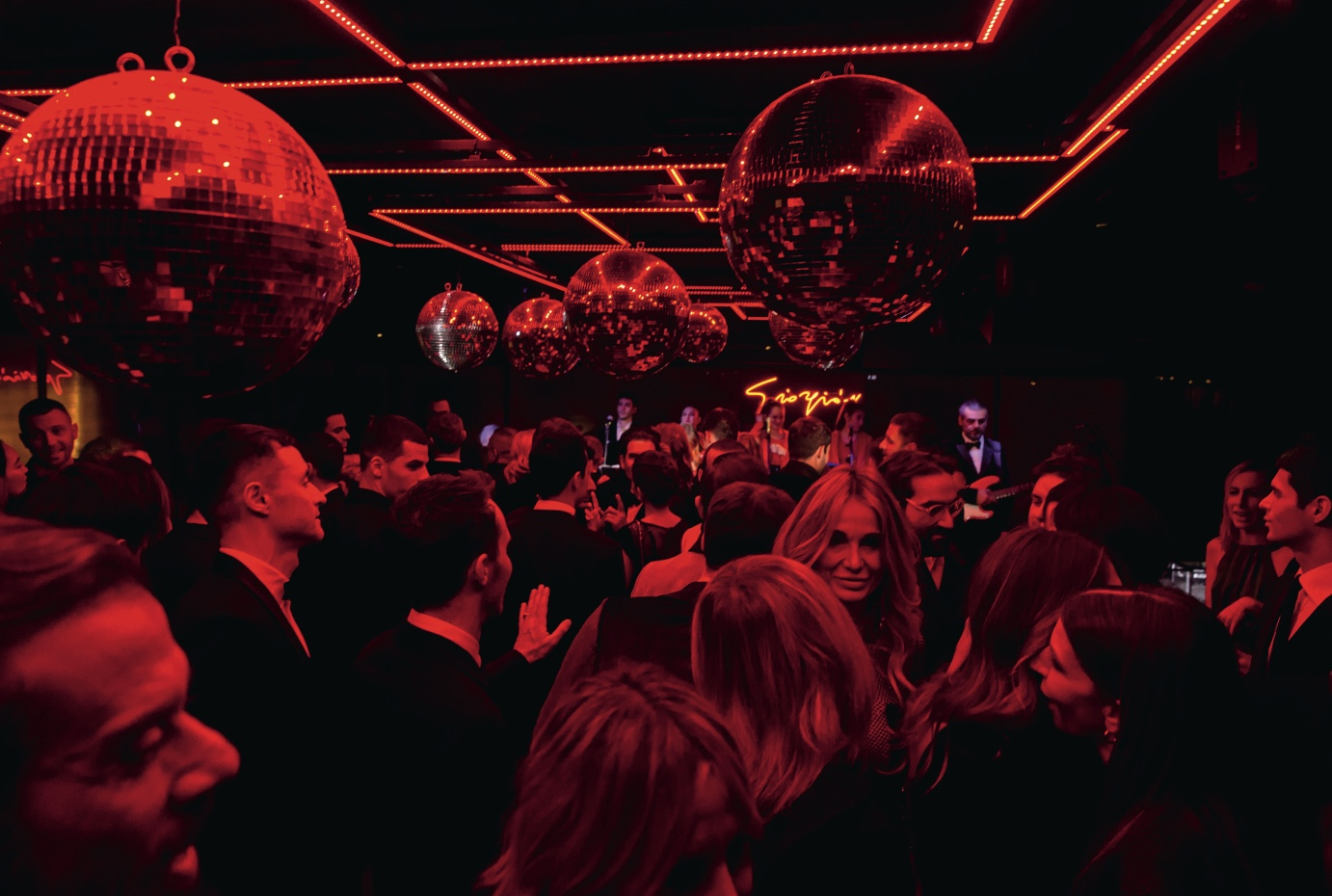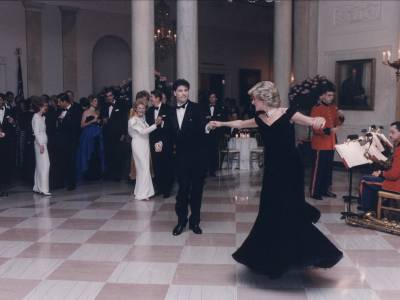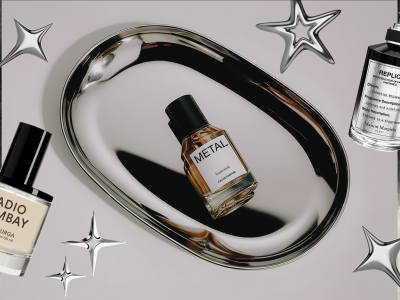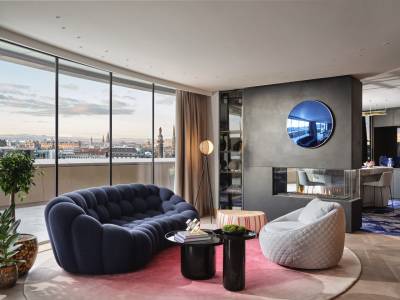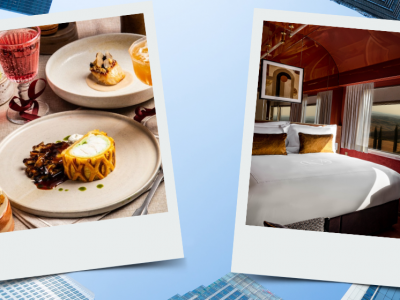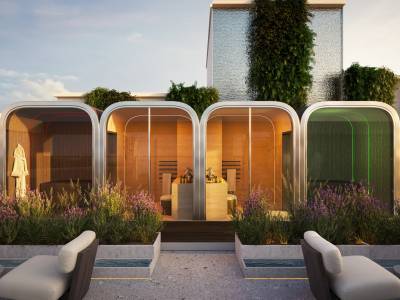The Aman New York is the grandest new hotel in one of the grandest hotel cities in the world — and it comes with the grandest price. Its cheapest room will set you back a record $4,000. For that rate — the price of two hotel suites in the next door Peninsula or the St Regis across Fifth Avenue — you’d think you’d have access to the best the hotel might offer. Not so. If you fancy enjoying a Cuban cigar on the terrace, as many Aman junkies do, it will cost you $204,000, plus the cost of the stogie. Yes, you read that right; it’s the price of an apartment in the suburbs.
Cohiba lovers have to join the Aman Club, which includes membership to the humidor. Membership costs $200,000 up front, plus $15,000 every year thereafter. If you live in New York and simply want to pop in for a coffee or a bite to eat without booking a room, you will also need to join the Aman Club.
It would be easy to dismiss the Aman Club as an outlier for that curious breed of customer who wants to be ripped off, and wants to be seen to be ripped off because it shows that they’re so crazy rich they don’t give a fig for any notion of value. But its members-only approach is the most extreme example of a trend that is as far removed from the cost-of-living crisis as it is possible to imagine.
